The little things
Deep rest and being present.
I almost didn’t write this post. I’m too busy, I told myself. I don’t have the time.
If there’s one word that people I meet use to describe themselves more than anything else, it’s busy.
“How have you been?”
“Busy!”
Busy at work, busy at home, busy trying to live up to the unreachable standards we set ourselves.
We can’t blame ourselves. There’s a million YouTube and TikTok and Instagram channels dedicated to productivity, which preach that simply standing still or spending the morning doing nothing is wasted time.
You only have 4000 weeks on Earth if you’re lucky! Live every day as if it was your last! Grab the bull by the horns! Hustle to get ahead!
I don’t know about you, but I find that exhausting.
And I’m no stranger to it, either. Every moment I spend playing my Xbox or reading a book or doing anything that’s not the relentless pursuit of my goals, I feel guilty. You’re wasting time, the voice in my head says.
Maybe. But I work a full-time job. It’s in the climate sector, so I’m endlessly exposed to bleak news on a daily basis. I’m getting married next March, and that’s not going to happen by itself. I’m not motivated by money or fame. If I want to take some hours one rainy morning to immerse myself in Baldur’s Gate 3 (which is brilliant, by the way) then hell, I’m gonna do it.
There is no work without rest. I stayed up pretty late the other night, catching up on some stuff. But after a few hours I realised I couldn’t do any more. The work I was doing was depreciating in value the more tired I got, and to continue - getting more tired, making my work worse, taking me longer and getting me even more tired - was pointless.
I needed to stop working so I could do my best work.
The infinite possibilities of our society have clouded this idea. There’s more to do in this world than can ever be done in a thousand human lifetimes. There will always be more work to do. If you clear your email inbox on Monday, it will be full again on Tuesday. If you beat your sales targets in June, your boss will increase them in July.
Oliver Burkeman’s book Four Thousand Weeks is a good exploration of this. It hinges on the realisation that our time in life is brief, you will never achieve everything you want to, so stop worrying about it and just focus on what you want to do. Realising that you will never tick off everything on your to-do list is liberating. Realising you, a living, breathing, miraculous specimen of a human being, are experiencing the universe here and now and that is what you should be focusing on, is a beautiful thing.
Burkeman has also written about the four hour rule, suggesting that a three or four hour period is the optimum time for deep mental work, and anything beyond that your brain will be too fried to do anything remotely worthwhile.
Alex Pang’s book Rest is also worth checking out. It’s a timely reminder that rest isn’t simply the absence of work. Learning to rest deeply involves a change of thought, a change of state, a change of focus.
For me, rest comes easily from nature. Simply stepping away from what I’m doing, being outside and focusing on something entirely different is restorative. Switching off my phone’s notifications and stopping to notice the smallest flowers emerging through the cracks in a pavement while the rest of the world roars past.
I have a few days off now. An old friend is visiting from Australia, and I will spend the rest of the week with him. Away from emails, away from messages, away from the impossibly high expectations I set myself with every project I embark on.
Just two human beings, enjoying our brief but miraculous time in this world we all call home.



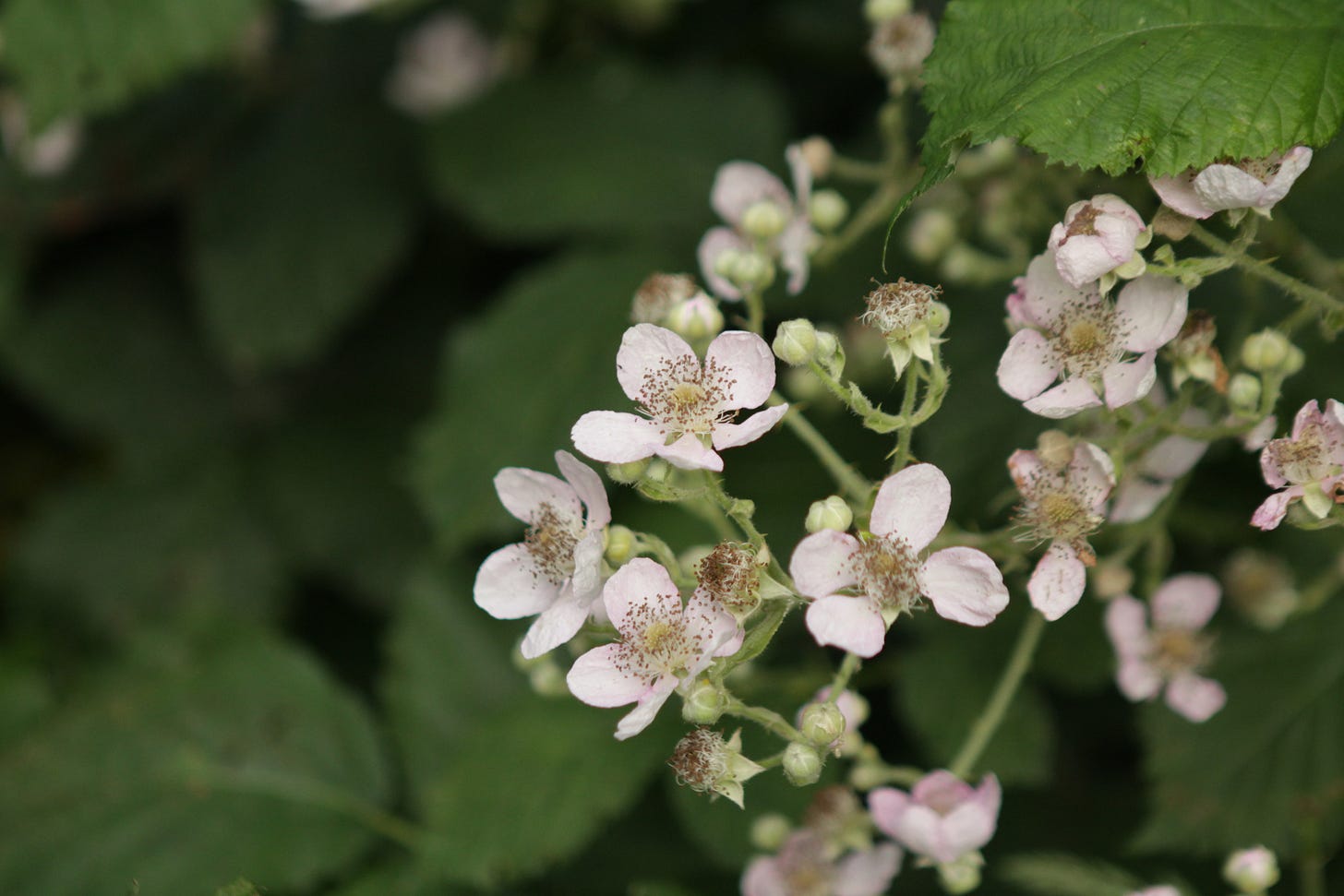
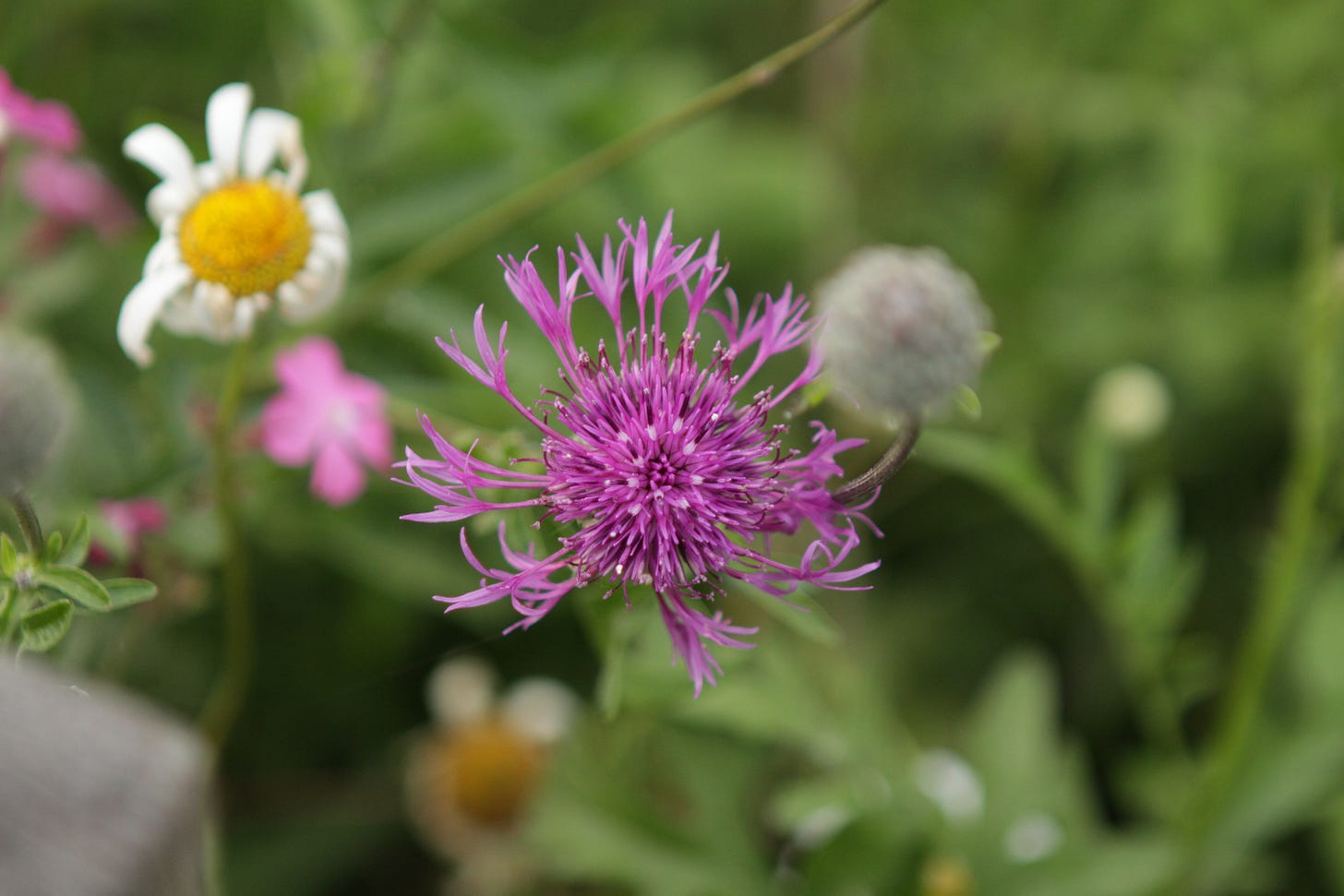
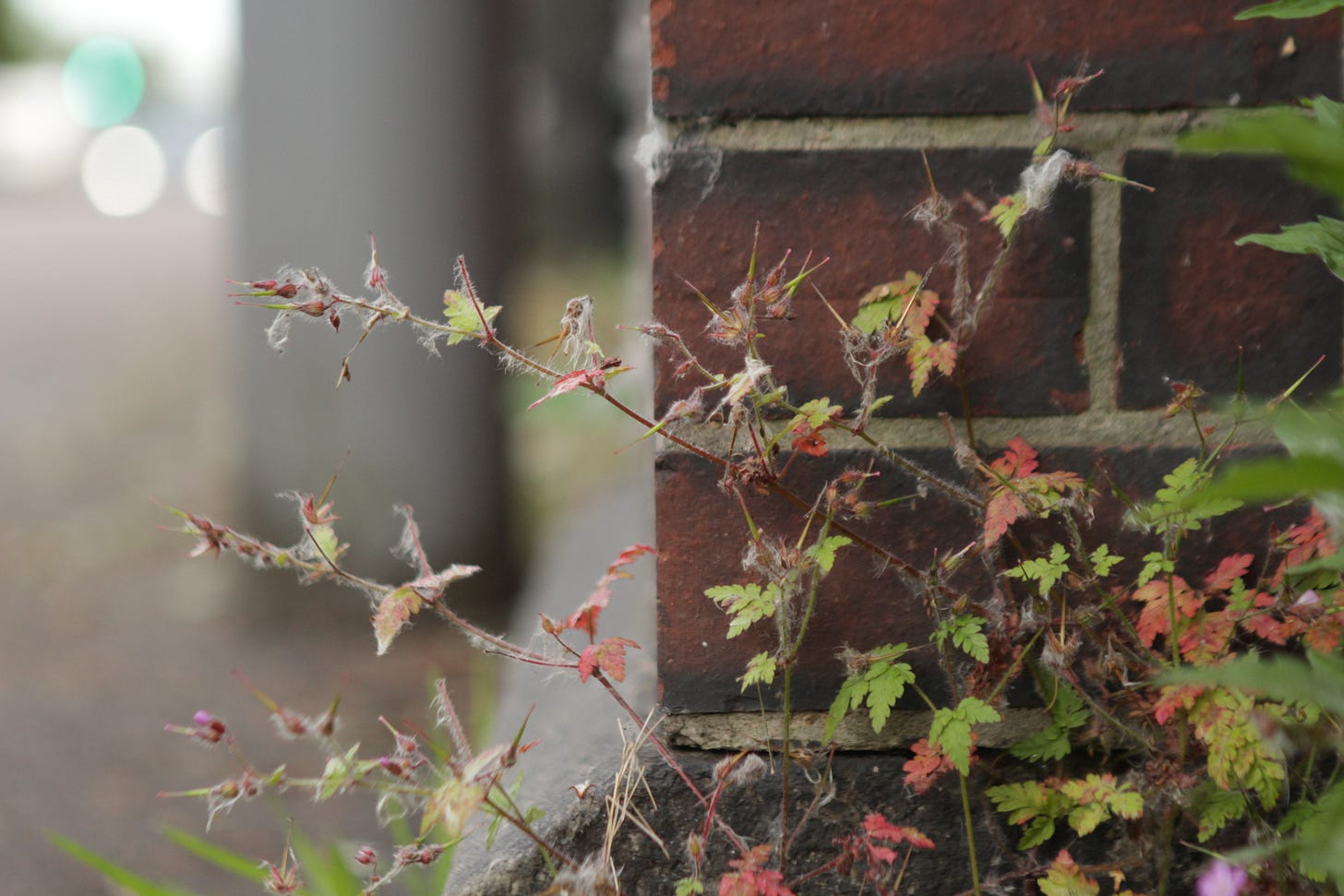
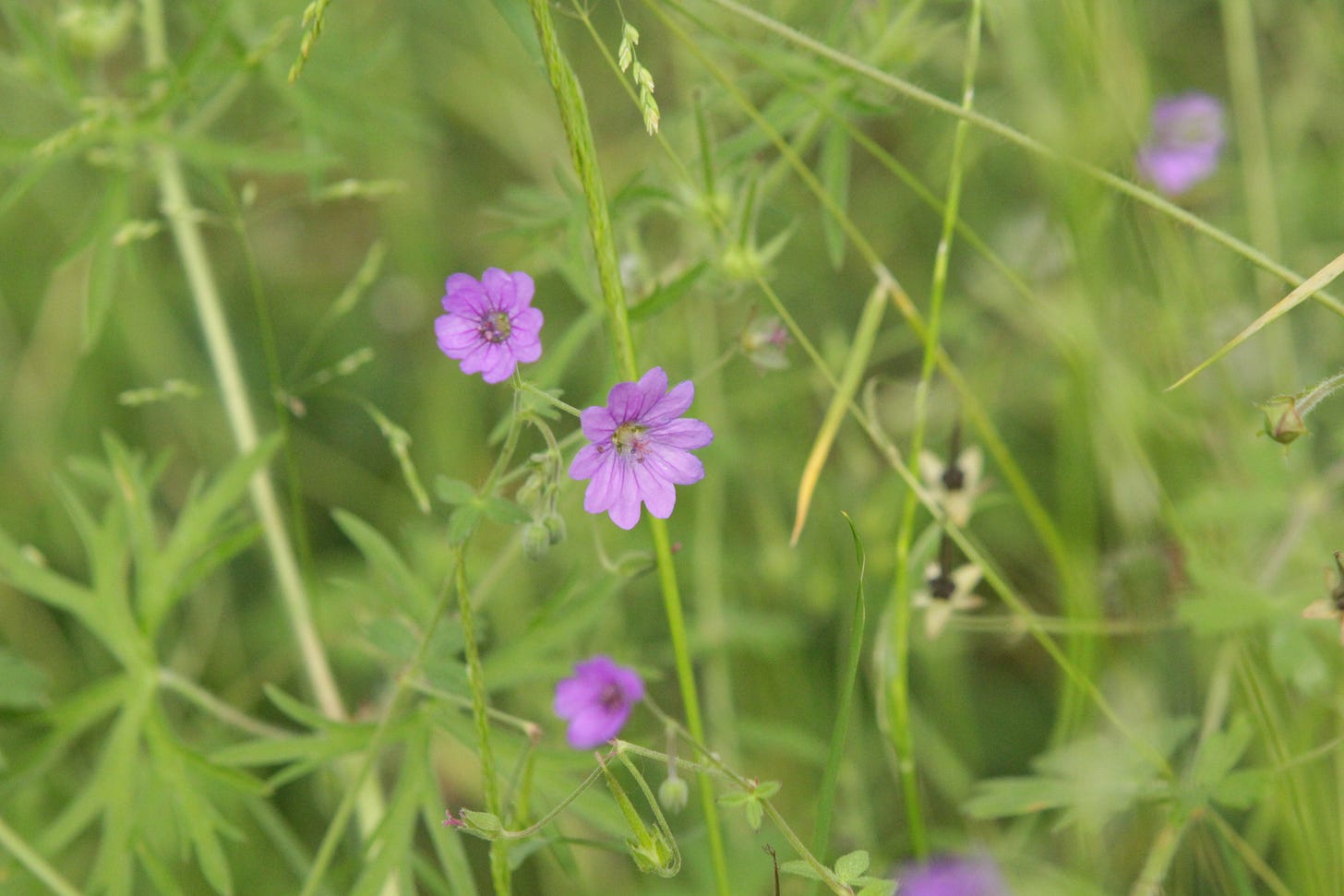
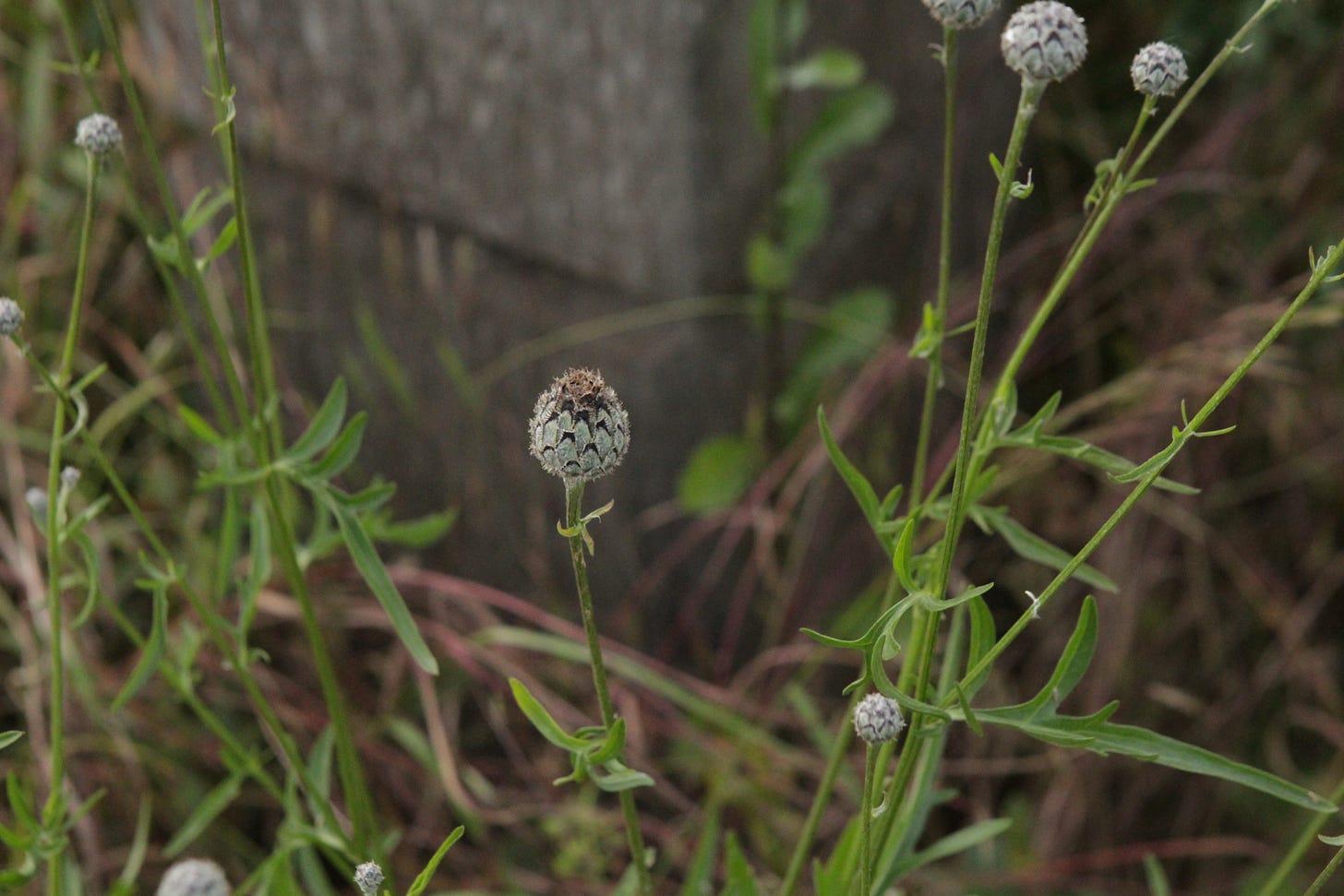
Yes. This totally. 👍🏻
Have a restoring and fulfilling couple of days with your friend, Thomas.